September 5, 2025 | 04:41 GMT +7
September 5, 2025 | 04:41 GMT +7
Hotline: 0913.378.918
September 5, 2025 | 04:41 GMT +7
Hotline: 0913.378.918
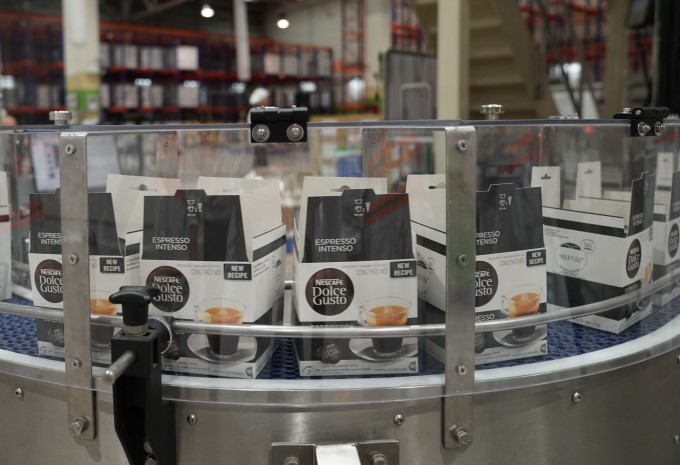
Nestlé Vietnam’s coffee pods production chain. Photo: Nestlé Vietnam.
Export is an important part that contributes to Nestlé Vietnam's business goals, and at the same time makes Vietnam a regional supply center, said Mr. Will Mackereth, Supply Chain Manager of Nestlé Vietnam. The year 2020 also witnesses the export growth of products in general reaching 20% over the previous year.
In 2020, Nestlé Vietnam’s exports of MAGGI spice products to Philippines, Thailand and "fastidious" markets with many demands for technical standards such as the US, Australia, Japan ... witnessed high growth in volume and value.
Exports of coffee products under the NESCAFÉ brand of Nestlé in 2020 have increased by 20% over the same period last year. Growth is recognized through value-added coffee products which were purchased by sustainable sources certified by international organizations for sustainable coffee growing and production such as 4C, Rainforest Alliance,…
Every year, Nestlé purchases 20 - 25% of Vietnam’s coffee volume for profound processing for domestic consumption and exports, with a total average amount reaching US$ 600 - 700 million, maintain its position as Vietnam’s largest coffee buyer. All NESCAFÉ products made from 100% high-quality Vietnamese coffee beans are being exported to 25 markets and receiving love from many consumers around the world.
In addition to processed coffee products made from Robusta beans which Vietnam possesses many strong points, Nestlé Vietnam also exports coffee made from Arabica beans, purchased with sustainable origins. The company cooperates with the Rainforest Alliance Sustainable Agriculture Standards accreditation organization to certify that the products named NESCAFÉ Excellente 100% Arabica meet the standards to supply for markets such as Korea, Thailand and Singapore.
In Vietnam, the NESCAFÉ Plan sustainable coffee development project has contributed to perfecting the chain of value links in coffee production from farmers to consumers, enhancing the value of Vietnamese coffee beans.
Since 2011, Nestlé and Western Highlands Agriculture & Forestry Science Institute (WASI) have effectively collaborated to perform research programs on coffee varieties, technical equipment transfer for coffee production,... to acquire new coffee varieties that can adapt to climatic and soil conditions in the Western Highlands, attaining high yield and quality, contributing to sustainable coffee development in Vietnam.
The project also taught and trained more than 260,000 farmers about sustainable farming techniques. Up to now, there have been 21,000 farming households qualified for the 4C International coffee certificate, helping farmers increase their income by 30%.
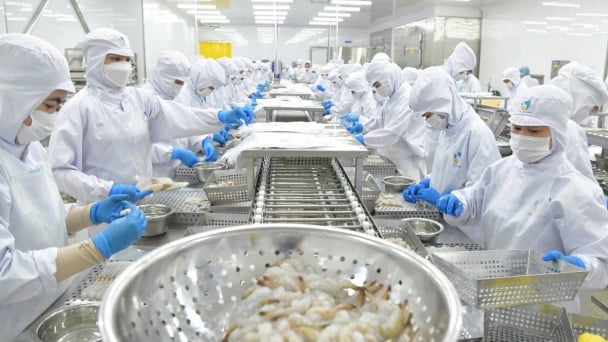
(VAN) The EU is a leading market, yet Vietnamese seafood accounts for only 3% of the region’s total imports. The potential remains vast.
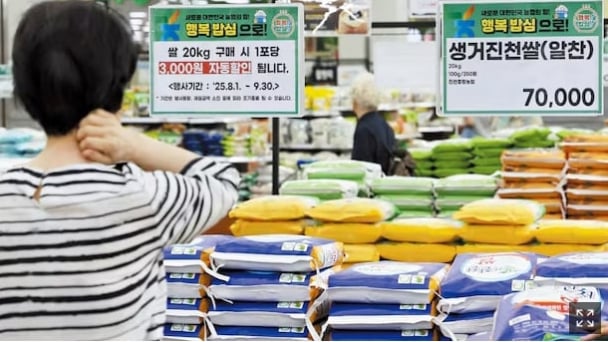
(VAN) Bread prices surge 6.5% amid ingredient costs, monopolies; government expands rice discounts.
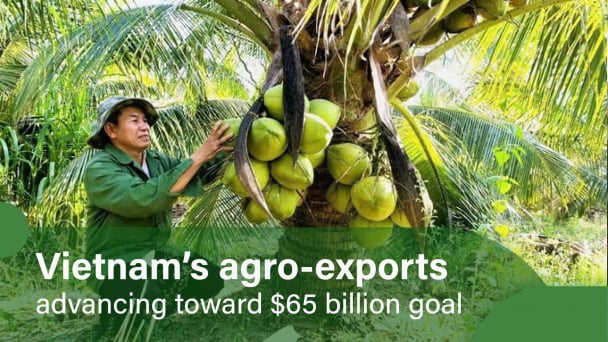
(VAN) The gap between farmgate and international retail prices shows the potential for Vietnam coconuts to increase value and generate greater profits.
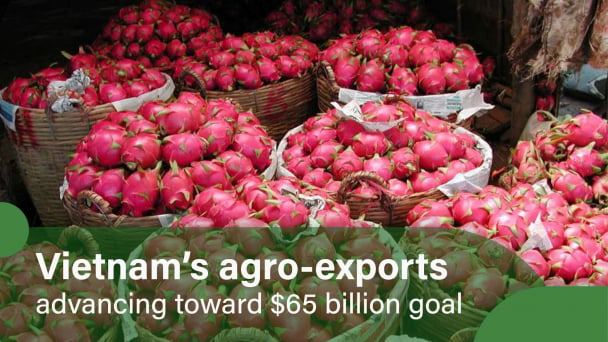
(VAN) In the first 6 months of the year, Lam Dong’s dragon fruit exports recorded impressive growth. However, tightening market standards require changes from both farmers and businesses.
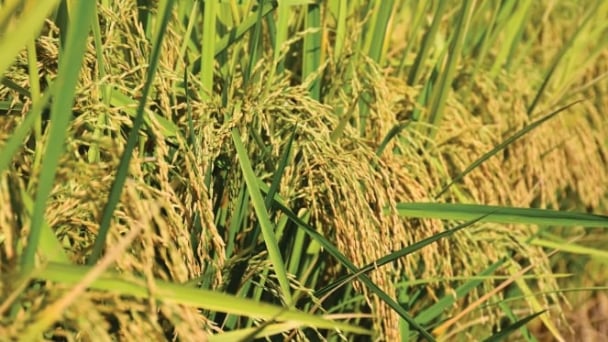
(VAN) Several factors have converged to make 2025 a difficult year for rice farmers and their industry allies.
(VAN) This year, cassava export prices have fallen sharply due to an abundant supply. However, exports of cassava and cassava products have increased significantly, offsetting the decline in prices.
(VAN) The key durian growing area of Central Highlands has implemented various solutions to improve durian quality, aiming for sustainable exports, brand building, and international market expansion.